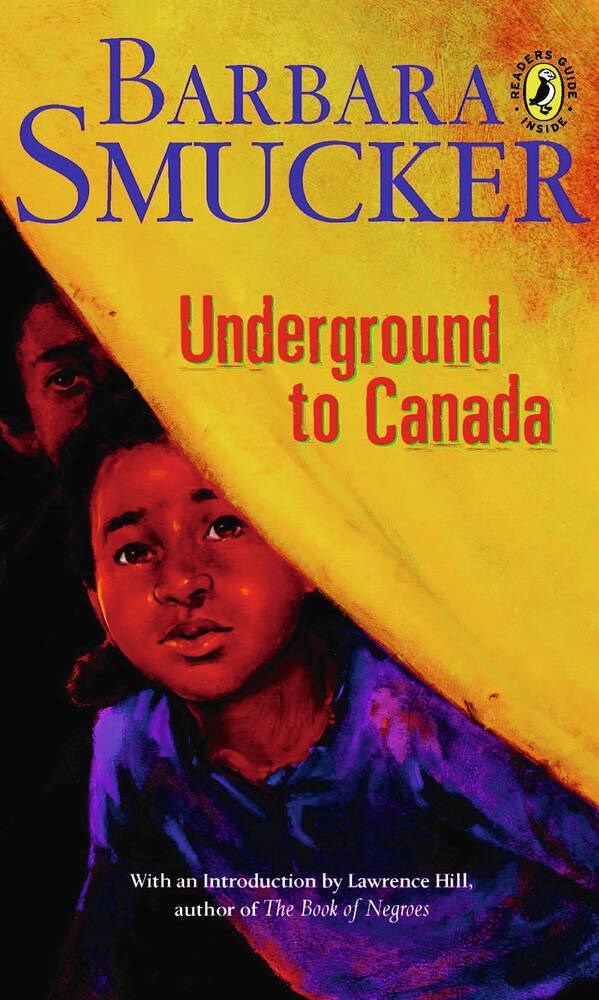A Sooke School District teacher’s use of the n-word while reading a historical novel about escaping slaves prompted a complaint from a parent and touched off a debate about how Black history is taught in schools.
Superintendent Scott Stinson said that as part of Black History Month in February, the teacher planned to read with the students Underground to Canada, a youth novel by Barbara Smucker first published in 1977 about the Underground Railroad and how it helped slaves from the American south escape to Canada.
“So prior to instruction, she sent a letter home to all families indicating the sensitivity of the subject that they were teaching, the novel that was going to be used and what instruction would happen around the language,” said Stinson, who wouldn’t reveal the name of the school or the grade involved, although CBC reported it was a Grade 6 class.
The teacher also did lessons with the class prior to starting to read the book, Stinson said. When she read the book aloud, he said, the students had it in front of them to read along.
“She was reading, and when she came to that word read it out,” Stinson said.
He said a parent emailed the teacher and said the reading had affected her child. The parent also later made a complaint to the district.
Stinson said the teacher responded within hours “to apologize, to say she won’t use it any more and to ask how she could help make this better for the child.”
He said that from his point of view, she did almost everything she should have in teaching content that was sensitive in nature. “The one piece that is in error is saying the word out loud, in my opinion,” Stinson said. “We’re not claiming that we’re perfect at this. We’re learning as we go and we’re open to being better as a school district.”
Markiel Simpson of the group B.C. Community Alliance — a Black-led group looking at how to deal with racism in educational settings — said similar incidents are happening around the province “because good teachers aren’t being given good learning resources and good anti-racism training.”
He said another part of the problem is that slavery and the Underground Railroad tend to be the primary focus of Black history instruction.
“There should really be a focus on more of a Canadian context, more of an African context, things outside and beyond enslavement,” Simpson said. “I think we have to grow the context of what we’re teaching British Columbians and support teachers in doing so.”
Teaching of Black history should also include topics such as the accomplishments of Black people through Canadian history, he said, and systemic racism that persists today.
He added that there is no reason that learning about Black history has to be concentrated in just one month out of the year.
B.C. Teachers’ Federation president Teri Mooring said she is unaware of the details of the Sooke School District incident, but the goal is to learn from mistakes. “When mistakes are made, then there needs to be a recognition of that, and we need to quite frankly do better in those situations.”
She said the federation has worked for decades on racial-justice issues “within our own union, in society and in our classrooms.” Many resources are supplied through the TeachBC website, Mooring said.
“Especially given that last month was Black History Month, there are a plethora of resources there, including generalized resources around racism, recognizing racism, interfering with racism and that kind of thing.”
She said the BCTF realizes there is still work to do.
“We recognize that there is more support that’s needed,” she said. “We are actively looking to work with districts in terms of that anti-racism work that needs to happen in schools.”



